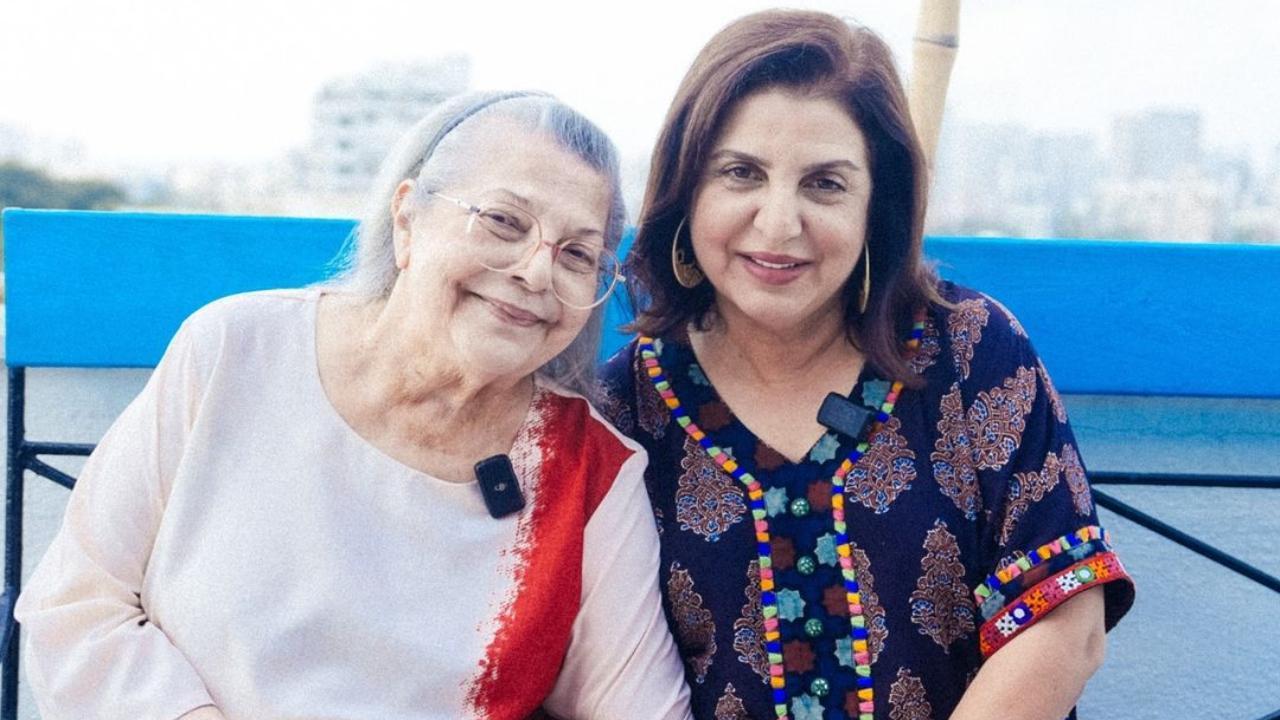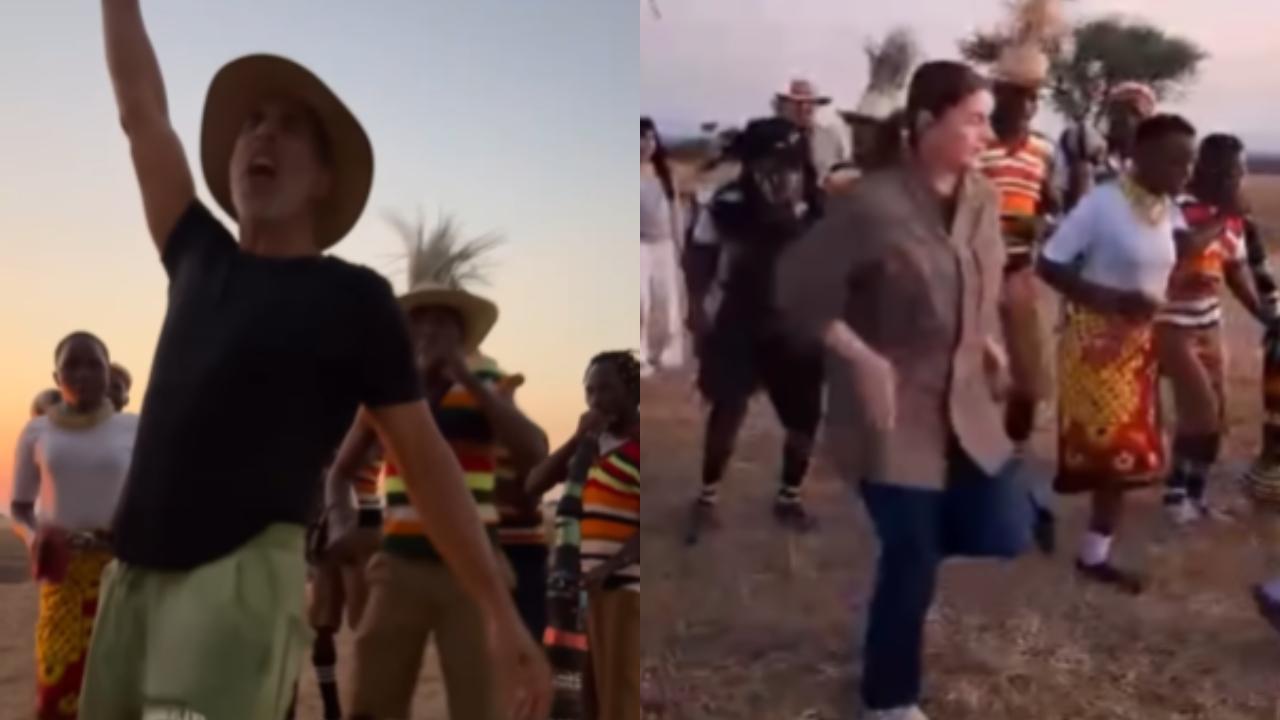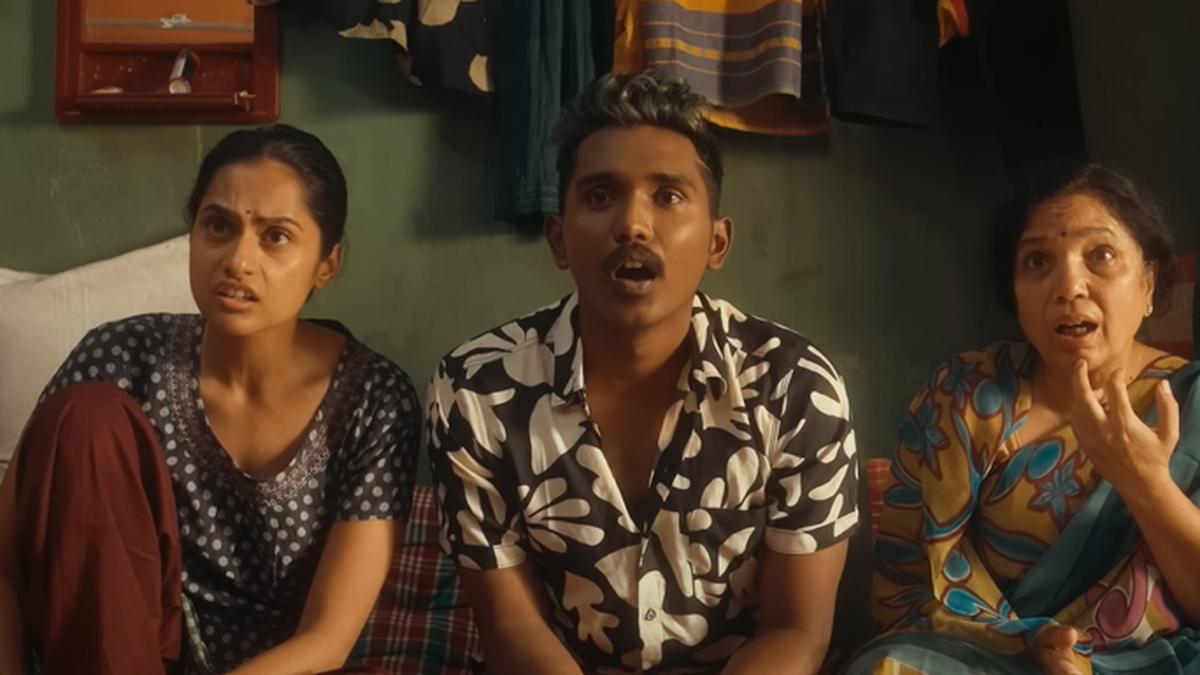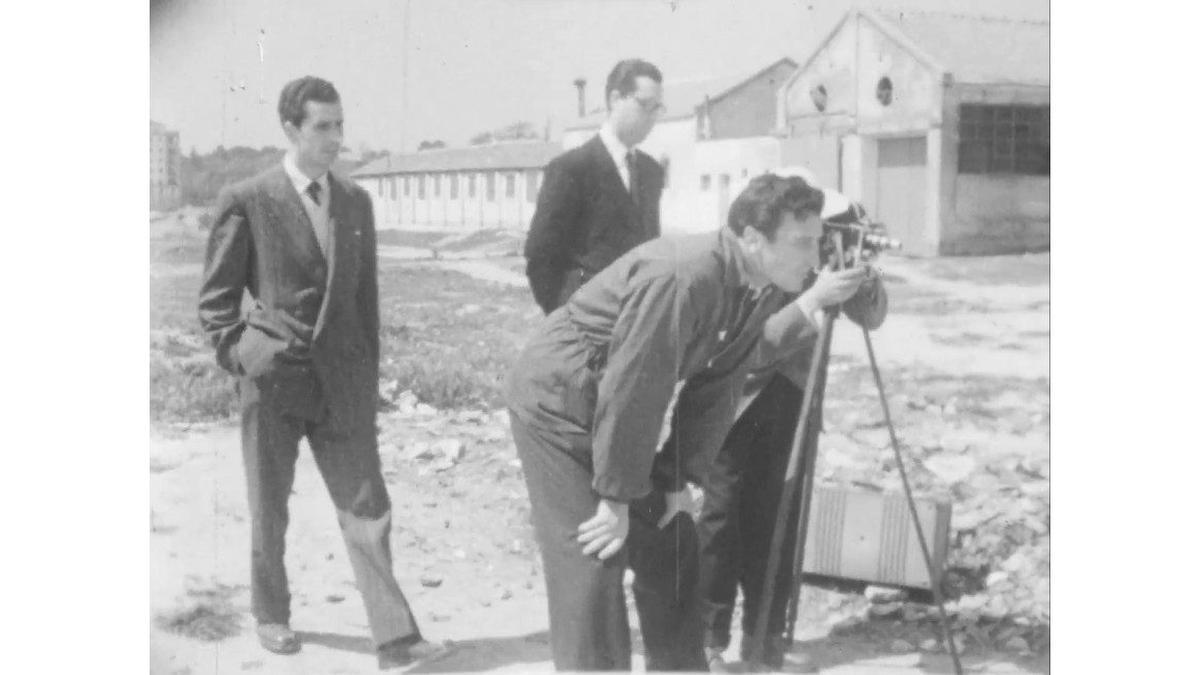
The stage at Adishakti Theatre in Auroville witnessed an outpour of love and extended applause that insisted on lingering, as the Remembering Veenapani Festival came to a close with the fifth-day performance of Be-loved. This play, a Hindi-language montage of queer love stories entrenched in the Indian milieu, charmed its audience with neither the need nor the presence of subtitles.
Difficult though it may be to discern which aspect shone the brightest in contributing to the play’s magnetism, the live music—timely and resonant—seamlessly bound together the multiple threads of the narrative, embodying the essence of a story’s structural core.
A magnetic ensemble of performers breathed life into their characters, who felt approachably authentic. Strikingly composed scenes, fluid movement choreographies, and beautifully rendered songs by the actors, alongside two musicians who played pivotal roles in the narrative, all contributed to the theatrical triumph.
Be-loved embarked on its enchanting journey with a musical homage paid by the actors to the myriad writers and poets whose works inspired the narrative. The depiction of the angst and the journey toward a happy ending, despite numerous heartbreaks, stitched together a colorful mosaic of love stories.
The play leveraged song, dance, and humor to ponder a poignant question—why must love lead to heartache? It portrayed love’s complexity, stubbornness, and its capacity to upheave relationships. Desire, often given a negative connotation in society, played out on stage with candidness, keeping the audience tuned to its emotional rhythm while inviting laughter more often than not.
Behind the creation of Be-loved, a Tamasha Theatre production directed by Sapan Saran, lay an extensive collaborative effort. Saran, driven by the multitude of “courage, hope, belonging, passion, love, and loss” narratives encountered during her research, aimed to delve deeply into “the experience of Indian queerness.” With the intention to reflect the various facets of queerness—where vulnerability and desire coexist with wit and satire—she assembled a cast of “multi-skilled performers.”
Saran reflected on the meticulous process that shaped Be-loved, emphasizing the importance of “reading, sharing, open discussions, language and movement training, ensemble work, object theatre training, engaging with personal stories, and substantial text analysis and deconstruction.” The creation involved music making, learning, and countless hours of collaboration—mulling, thinking, dreaming. A pivotal aspect was presenting a safe and accepting space that naturally respected individual identities and boundaries without the need to articulate, “are you queer?”
According to Saran, the play was intended to establish its “own framework of queerness,” underscoring the playmaking effort’s guide to the intended outcome: advocating for a society that honors individual liberty and values diversity as a collective.
Music emerged as almost a living entity within Be-loved. Saran explicated the intrinsic connection between the written and selected text of the play and their corresponding musical expressions. Composer Mohit Agarwal repurposed a ghazal by Josh Malihabadi into a powerful qawwali, while Amod Bhatt created the Nandi, a tribute to writers that blended traditional folk elements with a contemporary feel. Rohit Das, with his extensive experience in theatre music, and percussionist Ritesh Malaney contributed their compositions and performances to the play’s soundscape.
The play’s reception varied across different venues and cities, yet it has elicited profound reactions. Saran shared an impactful narrative where Be-loved catalyzed the first ever “warm, open conversation about queerness” within a family. In Baroda, the audience, inclusive of allies and members of the queer community, led to a vibrant post-show dialogue.
Believing in theatre’s potential to inspire activism, Saran envisions Be-loved effecting “shifts in a collective space,” fostering empathy and understanding in the social arena where personal stories and diverse identities can resonate powerfully.










